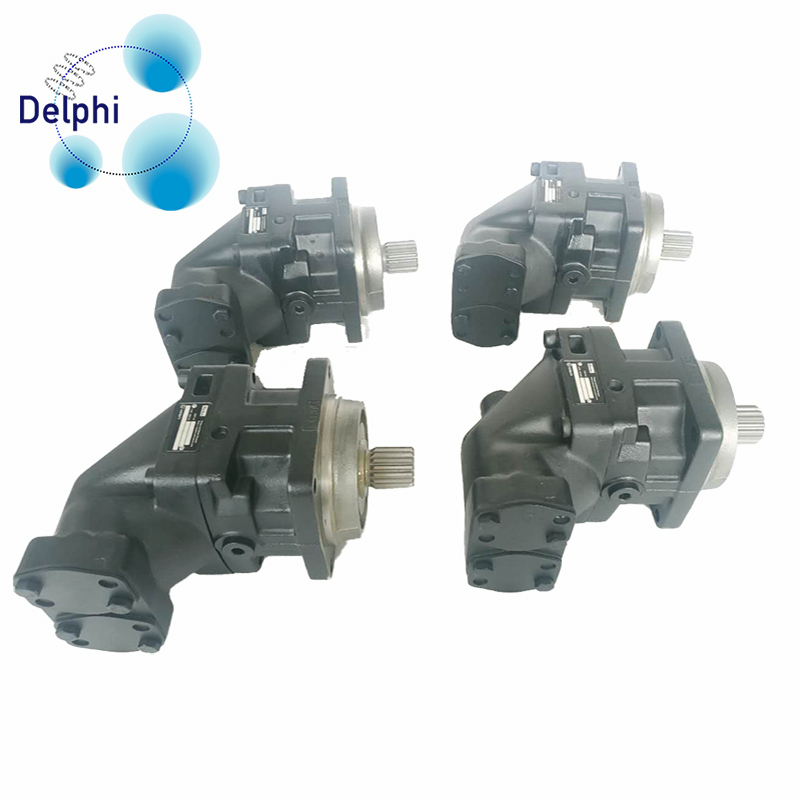Hydraulic pumps are critical components in many hydraulic systems and require regular preventive maintenance to ensure their optimal performance and longevity.
Here is some information and buying tips to consider when purchasing and maintaining hydraulic pumps:
Understand the different types of hydraulic pumps: There are several types of hydraulic pumps, including gear pumps, vane pumps, and piston pumps. Each type has its own advantages and disadvantages, depending on the specific application.
Identify the required pump specifications: Determine the required flow rate, pressure, and power requirements for your hydraulic system to ensure that the selected pump is suitable for your needs.
Choose a reputable manufacturer: Select a hydraulic pump from a reputable manufacturer with a proven track record of producing high-quality products.
Perform regular preventive maintenance: Regular preventive maintenance is critical to ensure the optimal performance and longevity of hydraulic pumps. This can include checking fluid levels, inspecting hoses and connections for leaks or damage, and replacing filters.
Use the recommended fluid: Use the recommended hydraulic fluid specified by the pump manufacturer to ensure optimal performance and to prevent damage to the pump.
Monitor the pump performance: Monitor the pump performance regularly to detect any signs of wear, damage,hydraulic pump and cylinder set or decreased performance. Early detection can help prevent costly repairs or system downtime.
Address any issues promptly: Address any issues or problems with the hydraulic pump promptly to prevent further damage or system failure.
By understanding these tips and performing regular preventive maintenance, you can ensure the optimal performance and longevity of your hydraulic pump and hydraulic system.
How often should I monitor the performance of my hydraulic pump?
The frequency of monitoring the performance of your hydraulic pump depends on several factors, including the type of pump, the operating conditions, and the criticality of the application.
As a general rule, hydraulic pumps should be monitored regularly to detect any issues or potential problems. For heavy-duty hydraulic systems that are in constant use, it may be necessary to monitor the performance daily or weekly. For lighter-duty systems, monitoring may be required less frequently, such as monthly or quarterly.
It’s important to establish a regular monitoring schedule based on the specific needs of your hydraulic system. This includes monitoring the pump’s operating temperature, pressure, and flow rate, as well as listening for any unusual noises or vibrations.
In addition, any significant changes in the operating conditions of the hydraulic system should prompt additional monitoring and inspection of the hydraulic pump.
Overall, the best approach is to consult the manufacturer’s recommendations and guidelines for your hydraulic pump and system, and then adjust the monitoring schedule as needed based on your specific operating conditions and usage patterns.
